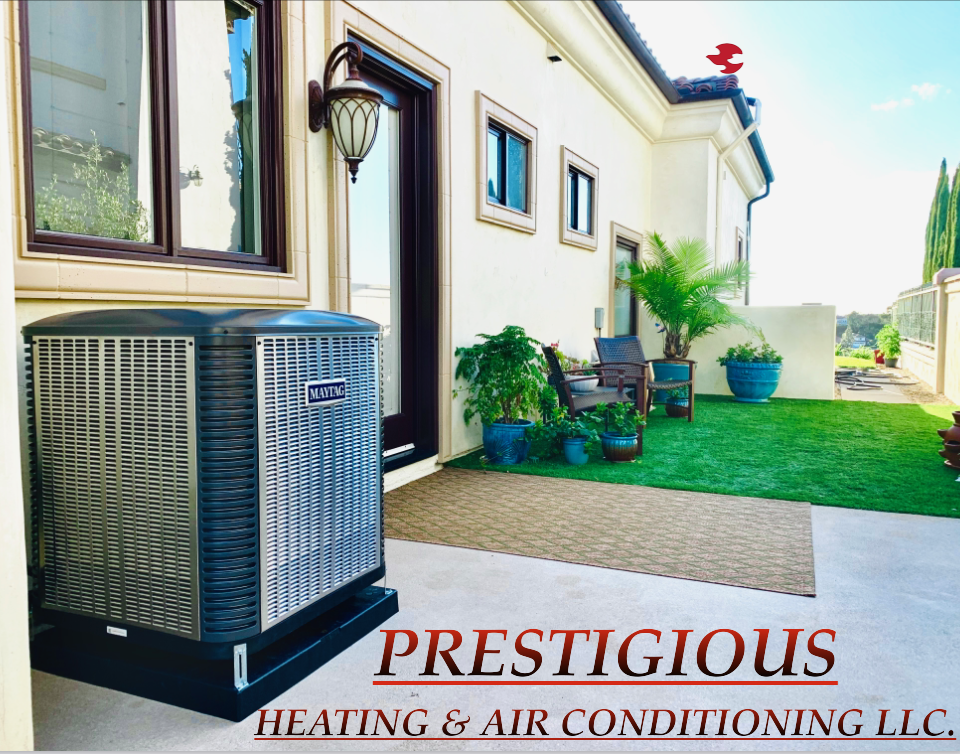REPAIR VERSUS REPLACE
- PRESTIGIOUSHVAC_LLC

- Oct 27, 2019
- 2 min read
Updated: Feb 2, 2020
It’s not easy to know whether you should repair or replace your home’s heating and cooling system, especially if you’re facing an emergency situation. While there’s no hard-and-fast rule, there are some important considerations to keep in mind as you make your decision.

Age of your system
Air conditioners and heat pumps last an average of 10 to 12 years, while furnaces have a life span of around 15 to 25 years. If your equipment is within those ranges, expect more repairs in the near future.
Outdated technology
Technology changes all the time. This is as true for your heating and cooling system as it is for your phone. By replacing aging equipment, you’ll be able to take advantage of smart new features and increased efficiencies that can save you money on your utility bills.

Cost of repairs
As a good rule of thumb, Consumer Reports recommends replacing a product when repairs exceed 50% of the cost of a new one.* Your HVAC Contractor is a great resource... It never hurts to ask him or her for any current promotions that could significantly reduce the cost of a new system.
Tax credits
Purchasing high-efficiency systems can make you eligible for state and local tax credits. A federal tax credit is available for the SunSource® Home Energy System through 2021.
Utility rebates
Many local utility companies also offer incentives for upgrading to high-efficiency systems. By replacing your older system with a high-efficiency one, you’ll not only benefit from these one-time rebates and credits, but you can also enjoy significant utility savings every month.
To learn about rebates and credits available in your area, check with your local utility company or visit dsireusa.org.
Size and capacity of your system
Upgrades that enhance the energy efficiency of your home, such as new windows, roofing and insulation, can also affect the efficiency of your comfort system. If you’ve made improvements to your home, you might benefit from downgrading to a smaller unit. This will provide better comfort at a lower operating cost.
Environmental impact
If you’re concerned with your energy footprint, you may be surprised to know that your heating and cooling system accounts for about 50% of your home’s energy use.** Upgrading to new ENERGY STAR® qualified equipment ensures your units meet or exceed federal standards for energy efficiency.
VIEW ENERGY STAR® QUALIFIED PRODUCTS
How well your system is performing
Do you feel like you have to constantly adjust your thermostat to stay comfortable? Does your air conditioner or furnace make noises when it starts up? Does your air feel stuffy or damp? If any of these issues are getting in the way of your home comfort, it may be time to get a new system installed.




Comments